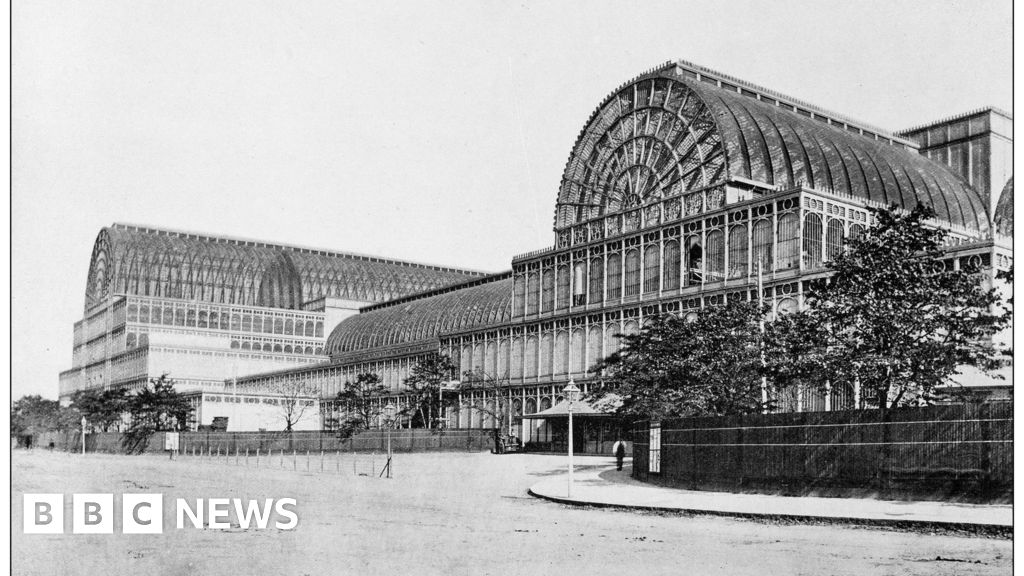- Total News Sources
- 2
- Left
- 0
- Center
- 1
- Right
- 1
- Unrated
- 0
- Last Updated
- 451 days ago
- Bias Distribution
- 50% Center


Study Reveals Secrets of Crystal Palace Construction
A new study has uncovered how London's Crystal Palace, once the world's largest building, was constructed in just 190 days in 1851 for the Great Exhibition. Researchers led by Professor John Gardner from Anglia Ruskin University found that the palace was the first known building to utilize standard screw threads, specifically the British Standard Whitworth (BSW), which allowed for the efficient assembly of the massive structure. The building's design was approved in July 1850, and its rapid construction was facilitated by the use of mass-produced identical nuts and bolts, a significant innovation at the time. The Crystal Palace measured over 560 meters long and was supported by 3,300 cast iron columns, showcasing Victorian Britain's industrial prowess. After the exhibition, it was relocated to Sydenham, where it remained until it was destroyed by fire in 1936. This finding highlights the technological advancements of the Victorian era, which contributed to remarkable engineering feats.


- Total News Sources
- 2
- Left
- 0
- Center
- 1
- Right
- 1
- Unrated
- 0
- Last Updated
- 451 days ago
- Bias Distribution
- 50% Center
Stay in the know
Get the latest news, exclusive insights, and curated content delivered straight to your inbox.

Gift Subscriptions
The perfect gift for understanding
news from all angles.
